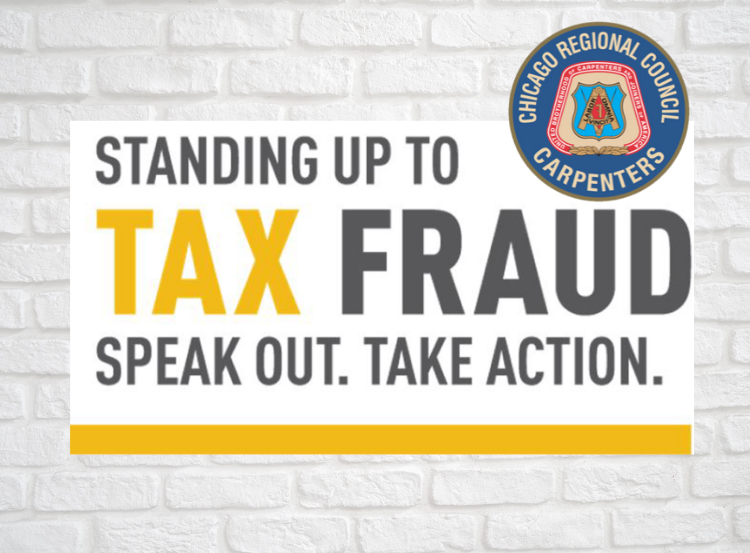

Non-Homestead mobile homes are those which are not receiving the exemption. Homestead mobile homes are those which the owner has applied for and is receiving a homestead exemption on the land and home. For billing purposes, mobile homes are classified as either Homestead or Non-Homestead mobile homes. The tax bill is based on the fair market value of the home as determined by the tax assessor's office and the current millage rate as set by the governing authorities each year. If a person trades in one mobile home for another during the year, that person would pay taxes on the original home for that year, and would pay taxes on the new one the following year. Mobile home owners are billed for the entire tax year based on the mobile home(s) which they owned on January 1st. Decals from previous years do not have to be displayed on the mobile home, only the decal for the current year. The decal should be placed on the home in a location which would make it easily visible to employees of the tax assessor's office when they visit the property to inspect the home.

The decal aids in identification and serves as evidence that there are no outstanding taxes on the mobile home. This law applies to mobile homes located in both incorporated and unincorporated areas of the county. Mobile Home TaxationĪccording to GA Law, all mobile homes must display a current decal on or before April 1st each year. Any questions concerning valuations (assessments) should be directed to the Tax Assessor's Office by calling 91. If a tax return is not filed, state established values are assessed on the property, and tax payment is expected.Īssessment Notices are normally mailed in the spring by the tax assessors office. It must be established that you are no longer in business in order to discontinue tax generation. You are required to send in a tax return each year you are in business. Tax returns are usually mailed out in January. A property tax return must be filed with the Tax Assessor's Office annually by April 1. Ownership of personal property is established as of January 1 each year. If you own a business - furniture, fixtures, equipment, inventory, and supplies are considered personal property. If the tax bills remain unpaid after becoming 30 days delinquent, the Tax Commissioner, as Ex-Officio Sheriff, may begin tax sale proceedings. After each additional 120 days of delinquency, an additional 5% penalty is added, up to 20% in total penalties.

120 days after due date, a 5% penalty is added. 7083% interest incurs each month or fraction thereof on the amount due and begins the day after the due date. The taxpayer then has a period equal to at least 60 days to pay this annual tax bill. Once completed, the digest is submitted to the State Department of Revenue for approval by the Director of the Property Tax Division.Īfter approval is received by the Bryan County Tax Commissioner, bills are prepared and mailed out generally around September. It is a complete listing of property owners, mailing addresses, legal descriptions, property locations, exemptions, assessments and taxes due. This is the central document of the tax office. The tax digest is an official listing of all property owners in the county, the assessed value of the property they own, and the taxes levied on the property. Once the appeal process period has ended, a tax digest is compiled. The property owner then has a 45 day period to appeal the assigned value. The Tax Assessor's office then assigns a value to the property and an assessment notice is mailed to each individual property owner the following year. Once a sale is finalized, a deed is recorded at the Clerk of Superior Court's Office in Bryan County, Georgia. The process for taxing real property begins with the purchase of property. Carrol Ann Coleman Bryan County Tax Commissioner


 0 kommentar(er)
0 kommentar(er)
